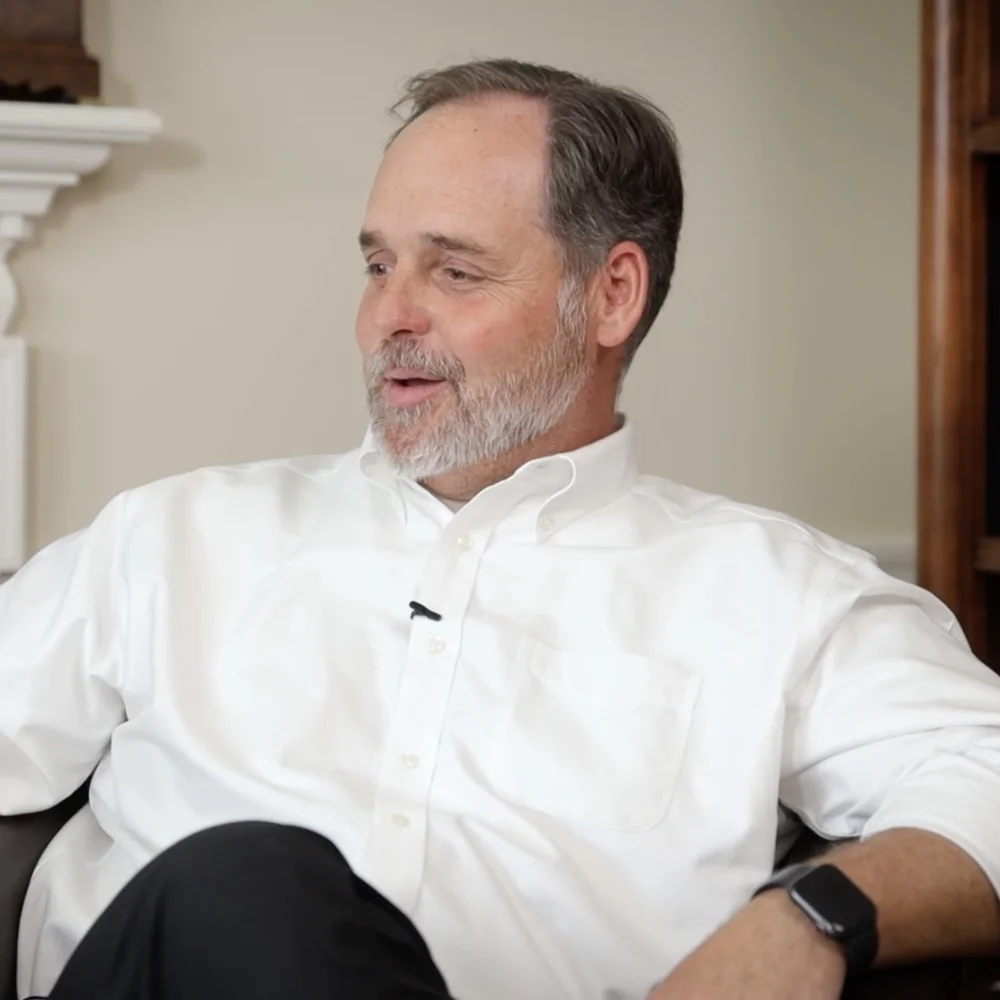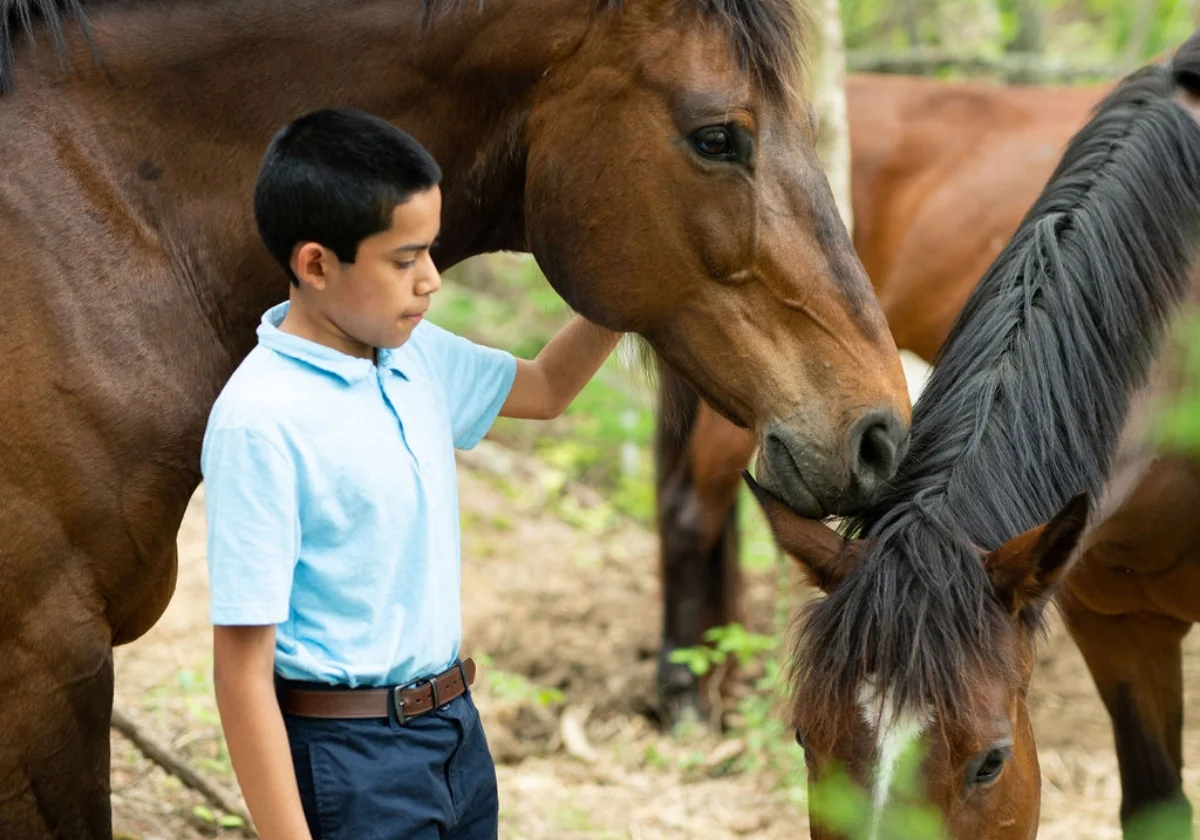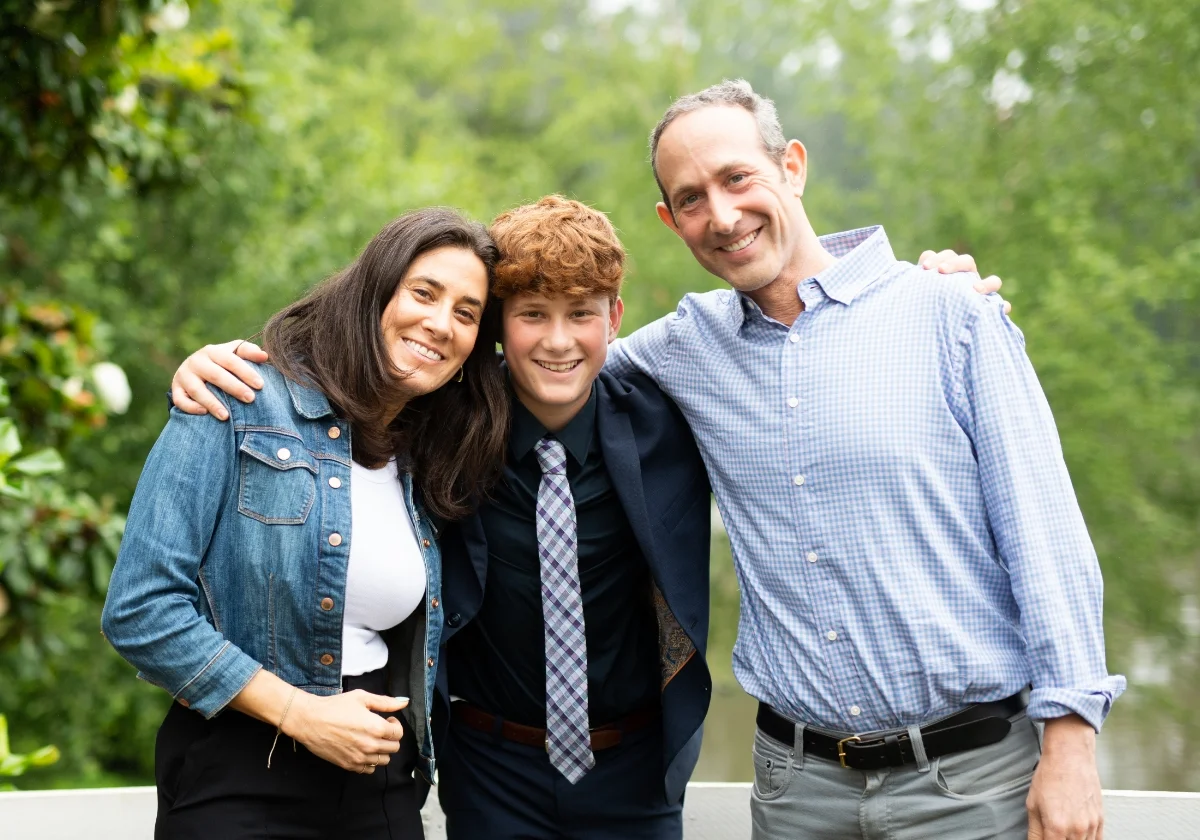Therapeutic Community
We use an immersive relationship-based, developmental treatment model to understand our students and facilitate their growth thoroughly. The clinical team continually assesses and communicates each student’s functioning and their development of important abilities that are essential to his success and well-being. Our residential and academic instructors, who spend the most time with each student, are then charged with the day-to-day interactions that provide nearly constant opportunities to practice targeted skills throughout each day. Over time, specific skills grow into a collection of abilities that define students’ identities and typically allow our boys to navigate key challenges throughout their lives successfully.
Growth Model Overview
Each student’s most important change occurs primarily through immersion in a highly structured and predictable residential community calibrated to his individual and the group’s needs. Collaborative goal-setting, direct instruction, and positive practice provide the content for hundreds of relationship-based interactions each day. Carefully engineered task demands and contextual support ensure experiences of success.
Overall treatment and specific interventions are based on a comprehensive, in-depth understanding of each student's underlying psychological and biomedical processes. Traditional, solution or symptom-focused therapies are not adequate, as shown by most of our students’ past treatment outcomes. Our boys do not typically benefit from traditional behavioral interventions, insight-oriented therapies, or teaching methods. Therefore, we use a broad clinical-developmental model that addresses all areas of individual, relational, and social functioning.
What We Teach
Values
Staff model, teach, and nurture foundational notions of dignity and respect to help students develop a strong sense of value for others and personal worth. We promote inclusion, acceptance, and empathy toward others through acts of kindness, structured appreciations, and opportunities for our students to experience a sense of belonging that they may have never previously attained.
Students learn to advocate appropriately for fulfillment of important needs. They develop a sense of agency, believing themselves to be the key factor in their success. By learning to operate from a growth mindset, students increasingly demonstrate competence and independence. Finally, as honesty and trustworthiness grow, they enjoy the satisfaction that comes with the experience of others relying on them.
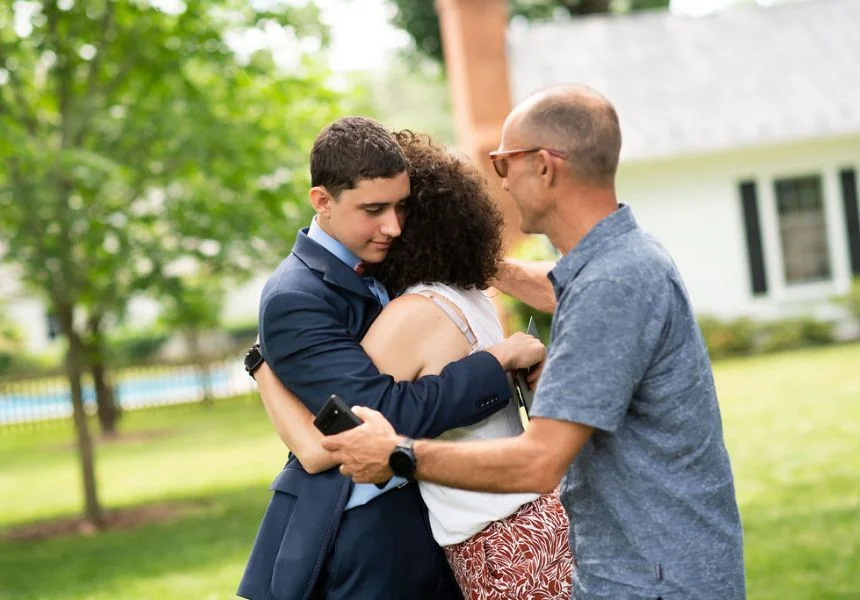
Keswick School’s program is grounded in a relationship-based approach that nurtures each student's personal development and emotional well-being. We cultivate a culture of respect and honesty, encouraging students to take responsibility for their actions while embracing a growth mindset that fosters resilience and increases self-worth. Through intentional practices, such as structured appreciations, that promote empathy, kindness, and concern for others, we help students build meaningful relationships and a deep sense of belonging. Our community values including others, celebrating diversity, and encouraging independence within a safe and supportive environment. Through staff modeling of trustworthiness, reinforcing competence, and maintaining a positive outlook, we empower students to thrive emotionally, socially, and academically—laying the foundation for lifelong success and healthy relationships.
Social Emotional Curriculum
At Keswick School, healthy development and positive behavioral change are nurtured through structured and repetitive practice of essential developmental skills. The Social Emotional Curriculum (SEC) outlines these skill sets, which are taught and reinforced throughout our program. Our staff primarily focuses on four key areas of children's functioning to promote their growth and well-being.
Support for Executive Functioning enhances a student’s ability to self-regulate, organize, plan, and focus on tasks. Collaboration skills enable students to seek assistance and support from others while adapting their behavior to accommodate different agendas. Work on Personal Competence fosters self-esteem and success in areas ranging from personal hygiene to requesting help and conducting honest self-evaluations. Lastly, the Social and Relationship skills we teach encompass specific abilities that support social pragmatics for all diagnoses, including eye contact, initiating conversations, and tone of voice. This area also addresses concepts such as attachment, theory of mind, and perspective-taking. Although the areas overlap in practice, they span a range of essential capacities that have proven to be instrumental in our boys’ long-term success. The SEC sequences discrete skills within each area to parallel the Keswick School Level System.
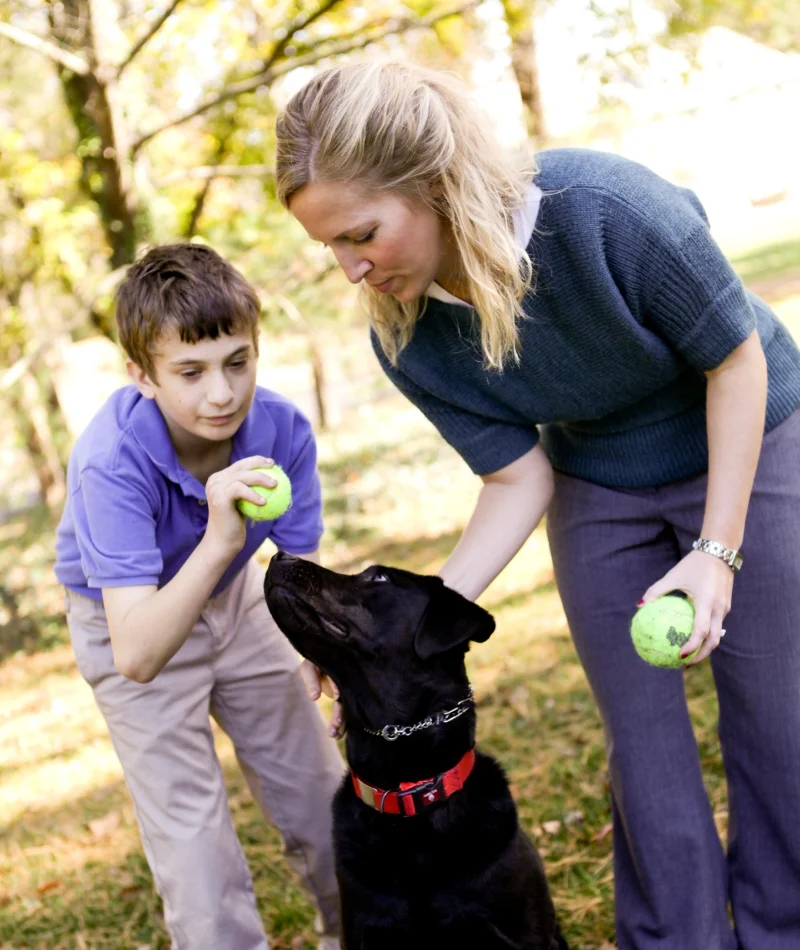
Therapy Service Components
Along with ongoing comprehensive psychiatric and psychological assessments and interventions, pragmatic language support, and occupational therapy interventions, support processing, reduce anxiety, and facilitate relational and social interactions within a variety of settings. Students learn to expect success as their capacities are developed and supported.
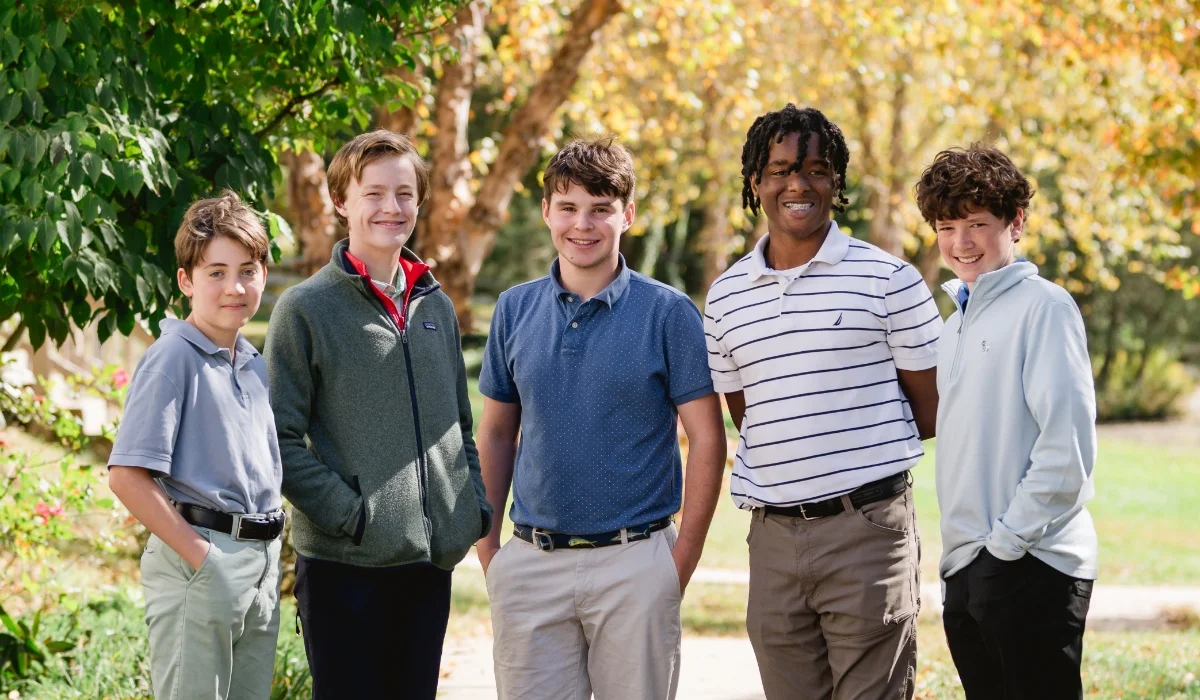
Clinicians oversee each student’s growth and development across all aspects of our program. Direct intervention duties include facilitating individual, group, and family therapy for students on their caseloads.
Our clinical director is a clinical psychologist specializing in development, family systems, residential treatment, and experiential therapy. The other members of our clinical team include a doctoral level Licensed Family and Marriage Counselor and two Licensed Clinical Social Workers specializing in residential treatment, relationship-based development, and drama therapy. Their work is described individually in their profiles.
Our consulting child and adolescent psychiatrist works hand in hand with the entire therapeutic community, as well as each student’s family. He receives important updates twice daily and is integral to understanding each student’s needs. His approach is to optimize functioning rather than control behaviors, thus facilitating students’ life-long ability to manage their daily living optimally.
Our speech and language program's primary focus is on developing social pragmatics and establishing fulfilling human connections. This is a much broader scope than most people expect. While our speech-language pathologist can and does provide intervention for articulation disorders and other common speech deficits, the primary focus of the work is facilitating social thinking and theory of mind, executive functioning, identity development, and cognitive organization.
The occupational therapy program helps students develop skills required to participate in meaningful everyday activities successfully. Target areas range from activities of daily living, such as self-care, hygiene, and routine tasks, to social play, rest and sleep habits, work, education, eating, and use of discretionary time. Developing and practicing body-based skills often includes emotional and attentional regulation, stress management, anxiety management, fine motor coordination, motor planning, and sensory processing.
Occupational therapy, provided by our doctoral-level therapist, encourages students to build crucial life skills to support success in their eventual transition to adulthood. Related curriculum addresses money management, health and safety, home management, career exploration, and general job readiness.
Students often require non-verbal methods to access relationships, process emotions, and develop skills. Art therapy ideally provides a means through which students may explore feelings, increase awareness of self and others, enhance cognitive abilities, and connect with others when verbal means alone might fall short.
Drama therapy is the intentional use of drama and/or theater processes to achieve therapeutic goals. As in other expressive therapies, our students often find less threatening channels for connection and communication in drama therapy than when asked to communicate more directly.
One of our primary therapists is a certified drama therapist who regularly employs drama therapy during group sessions and directs our drama/film troupe in periodic performances. We use drama therapy to help our students understand and express their emotions, practice flexible thinking and social skills, and build group cohesion and problem-solving skills.


